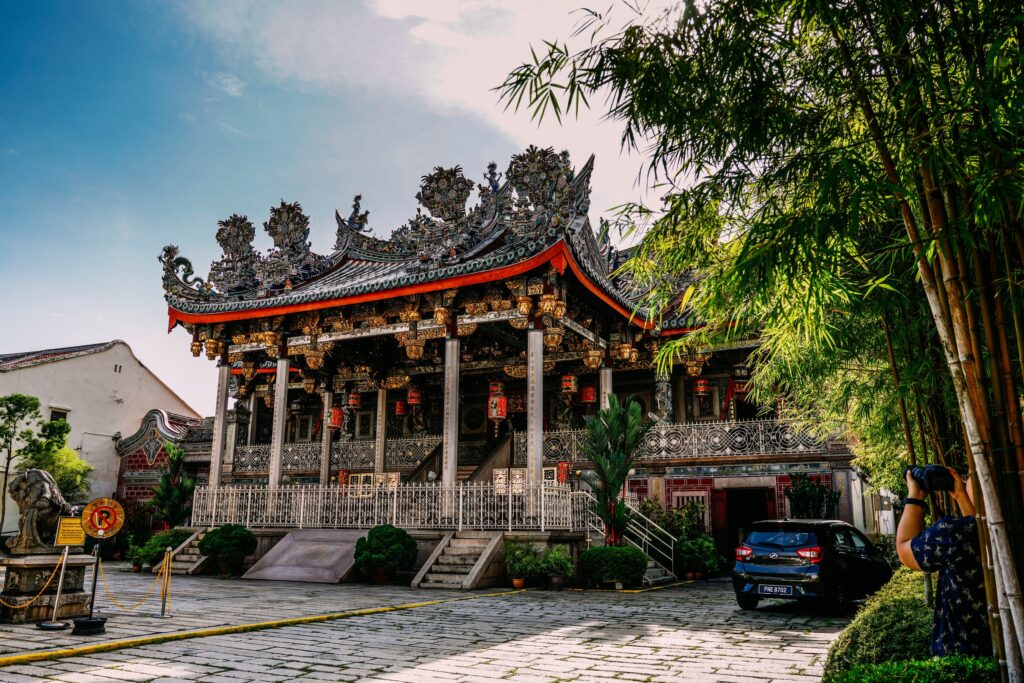Health Insurance in Malaysia
Moving to Malaysia
Malaysia is a country of stark contrasts, one equally famous for being the home of the ultra-modern Petronas Towers and the ancient orang-utan. A key trading post since the first century, Malaysia has been at the centre of a cultural cross-roads, as traders from India, China, and even further afield, have all alighted to create what is one of the most intriguing countries in all of South East Asia.
Malaysia has been described as two countries in one. In the west, we find developed and refined Peninsula Malaysia which shares a land border with Thailand and boasts modern cities and world-class schools and universities. To the east, and separated from the mainland by the South China Sea, Malaysia also claims ownership of the top third of Borneo, boasting rainforests and rare wild creatures.
As if this major split wasn’t enough, Malaysia has found itself continually colonized by different colonial countries, most notably the Portuguese in 1511, the Dutch in 1641 and the British in 1786. When you also take into account how much the land borders of Malaysia have changed over the years, it’s easy to understand why Malaysia represents one of the most culturally and geographically diverse locations in the world.
Climate in Malaysia
Malaysia is equatorial and boasts a tropical climate. This means warmth (temperatures below 20’C are considered surprisingly cool) and moisture. Not only does much of Malaysia enjoy a high year-round humidity, but it is also affected twice a year by monsoon rainfall.
This means that many expats from the UK or USA find it takes some time to get used to the climate, especially in the cases of the torrential downpours experienced during the monsoon. Capital city Kuala Lumpur, where many expat workers find themselves based, is seemingly always damp if other visitors are to be believed. Highland areas may be cooler thanks to their elevation, which can make for more comfortable expat living arrangements.
Culture in Malaysia
Malaysia is a cultural melting pot, where many traditions, languages and religions live peacefully side-by-side. Despite gaining independence in 1957, there are still many areas where British rule can be felt. The legal system, for example, closely resembles the UK system, and English is compulsory in all schools.
Traditionally Malaysia’s main industries have been mining and exporting its natural resources. It has, for example, been the largest producer in the world of rubber, palm oil and tin at one time or another, and is also a major player in the worldwide crude oil market.
More recently however Malaysia has sought to diversify its income stream, prioritizing education and tourism as new growth sectors. The loss of the recent Malaysia Air flight has therefore hit the country hard, and it is hoped that the vast investment being made in the country’s tourism market has not been in vain.
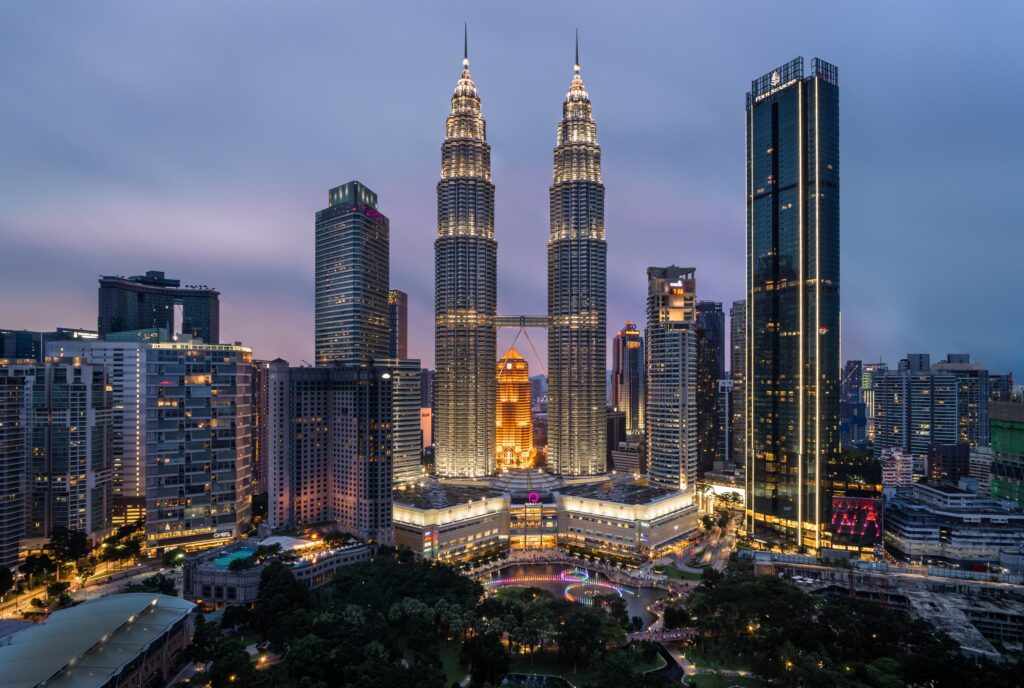
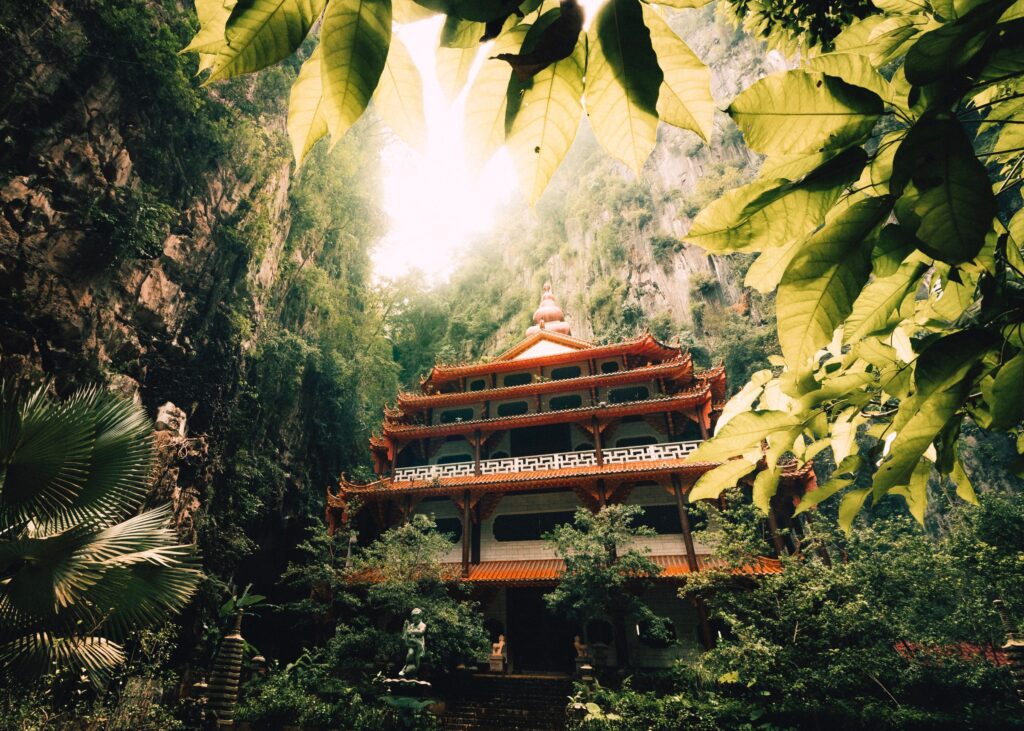
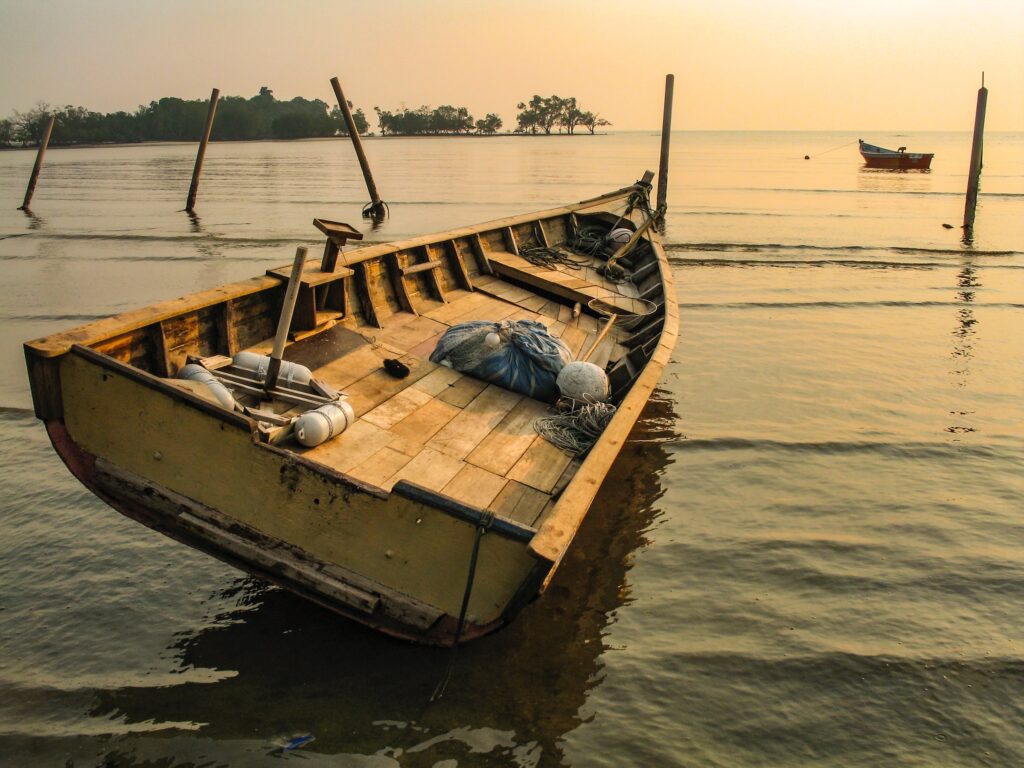
Malaysia is officially an Islamic state, a religion that has far-reaching influence on Malaysian culture. Visitors should, for example, make themselves aware of the expectations and timing surrounding the annual Ramadan festival.
Tourists and expats should also aim to dress respectably, especially in more rural areas, where displays of flesh may not be well received. Lastly, be aware that public displays of affection are generally frowned upon so should be kept to a minimum.
Language in Malaysia
Malaysia’s official language is Malaysian. The British influence however means that English is an active second language and is taught in all schools. That said, alongside Malaysian Standard English there are also a number of additional dialects with an English origin, including the so-called “Manglish” which is a colloquial language that can switch between English, Malaysian and other languages within a single sentence.
In general English speakers are unlikely to encounter any problems being understood and many other nationalities too are well represented-enough that their language will have a degree of familiarity. Most notably the languages of China and India are wide-spread thanks to long term immigration of these nationalities.
Transport in Malaysia
Malaysia generally offers an excellent transportation infrastructure. Low-cost flight networks criss-cross the country and make travelling over long distances both easy and affordable. As a result, the fact that Malaysia is split into two halves barely seems an issue for most visitors.
On the ground, Malaysia boasts an impressive rail network, which allows for large distances to be covered at a very reasonable price. The so-called “Jungle Railway” (officially the East Coast Line) is 526km long and passes through thick rainforest. It is a simple way to leave the bright lights of the city and enter the wilderness with minimal effort. Whether you get out to explore or simply enjoy the spectacle travelling past, no visit to Malaysia would be complete without this amazing experience.
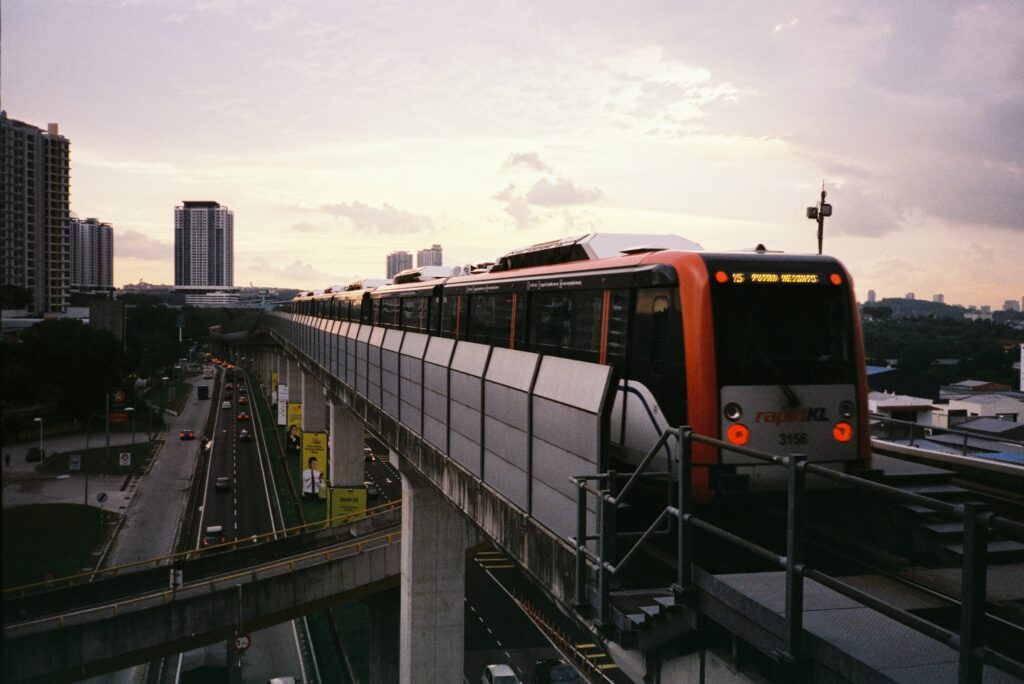
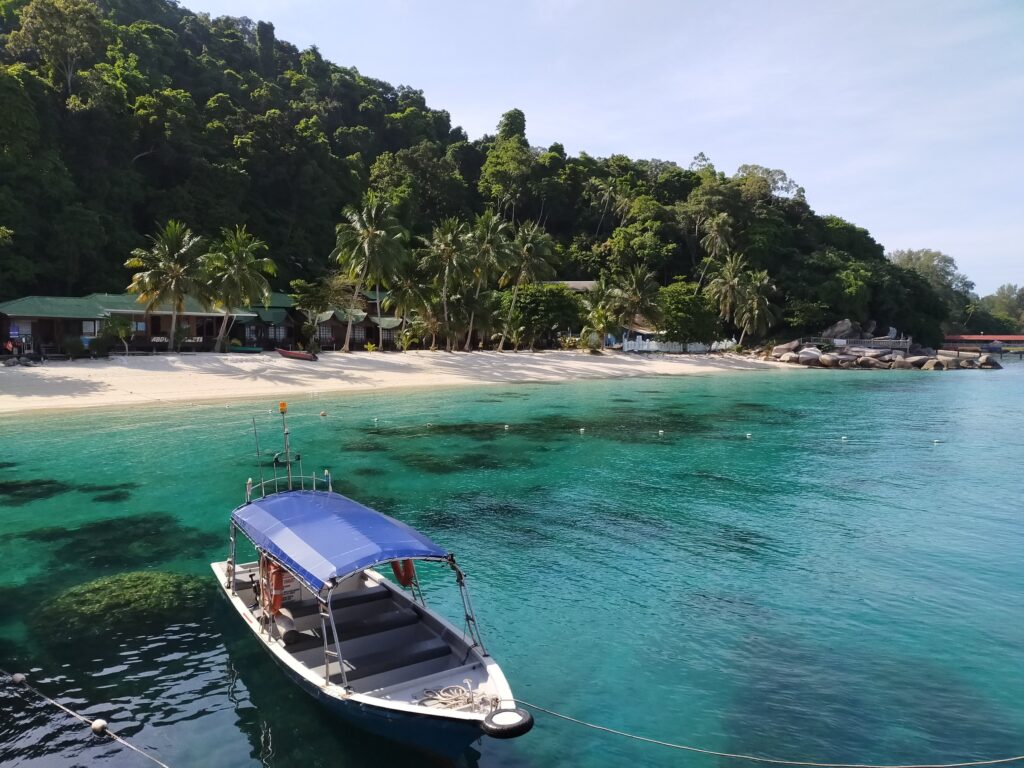
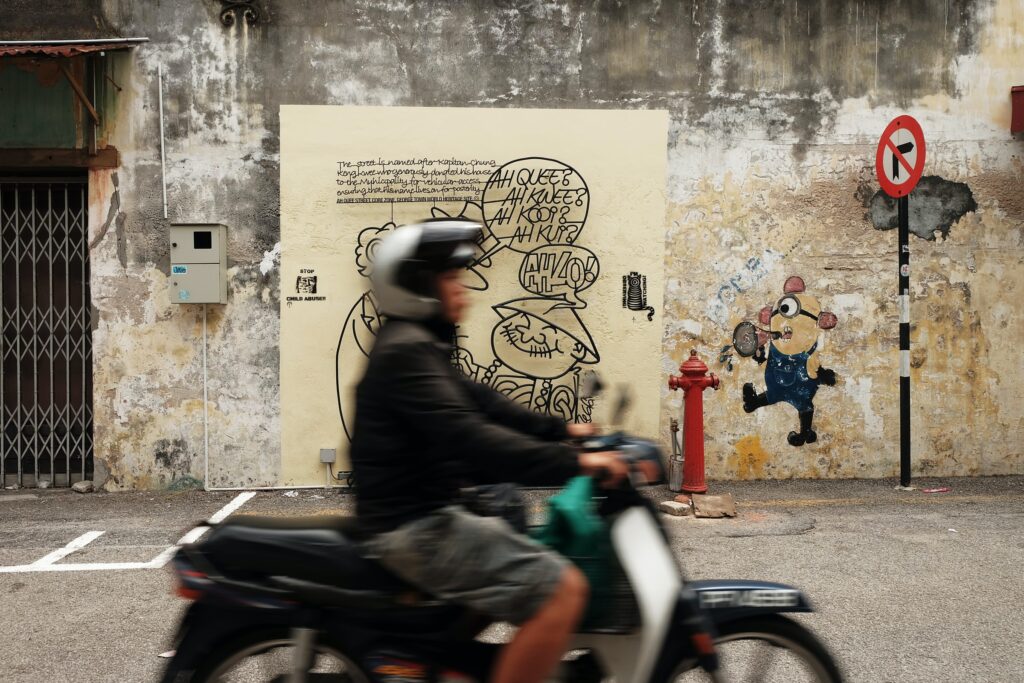
For the expat or tourist wanting to explore more rural areas, which are less well-serviced by trains, driving is a distinct option. It has been claimed that Malaysia offers the best road network in all of South East Asia, and as a result, driving here can be quite an enjoyable experience. For safety, it is best to take extra care during monsoon season or where native Malaysian drivers are encountered, as it seems either can be equally dangerous.
Visitors with an international driving license may legally drive in Malaysia for the first three months of their visit, though after this time it will be necessary to exchange your license for a native Malaysian version. This is generally a trouble-free exercise, though will require the payment of a fee, not to mention production of your passport and the completion of some paperwork.
Numerous taxis exist in the more urban areas, though problems have been encountered with unlicensed taxis overcharging passengers or driving off with their baggage. To be certain of your safety try to only use taxis from licensed booths, and ensure that a price is agreed in advance of transport being provided.
Healthcare in Malaysia
The healthcare system in Malaysia is considered high quality but very expensive. No reciprocal healthcare agreements exist for other countries, so expats and tourists alike will be expected to pay for their own medical care. It is normal for even emergency hospitals to request payment by credit card before treatment is given.
For this reason, it is essential that all visitors arrange for comprehensive international health insurance or obtain expat travel insurance that includes international cover before visiting the kingdom, so as to avoid any exceptional charges, as well as facilitating repatriation if required.
Money
The official currency of Malaysia is the Ringgit, which is often known informally as the “dollar”. Note that in contrast to many other expat destinations, foreign currencies are rarely accepted and so you will need to exchange your money before use. Generally speaking the best rates are offered by specialist currency conversion offices found in many shopping malls; the rates offered at airports and train stations are often significantly worse.
Visitors to Malaysia should know that credit and debit card fraud is a serious problem, and this can have serious consequences for the foreign traveller. For one, while credit cards are readily accepted around Malaysia, you should use the machines with care. Carefully check the sum being charged and don’t allow your card to leave your sight. “Cloning” of cards is commonplace here, and is a situation that can take considerable effort to resolve.
An additional effect of this rampant fraud is that while ATMs may be found in all major towns and cities, visitors find that they often decline cards from foreign banks. You should therefore we aware that you may be unable to access your bank funds while in Malaysia, and should take enough cash and travellers checks to see you through your visit. Expats setting up home here are well advised to open a Malaysian bank account to help avoid such problems.
Money
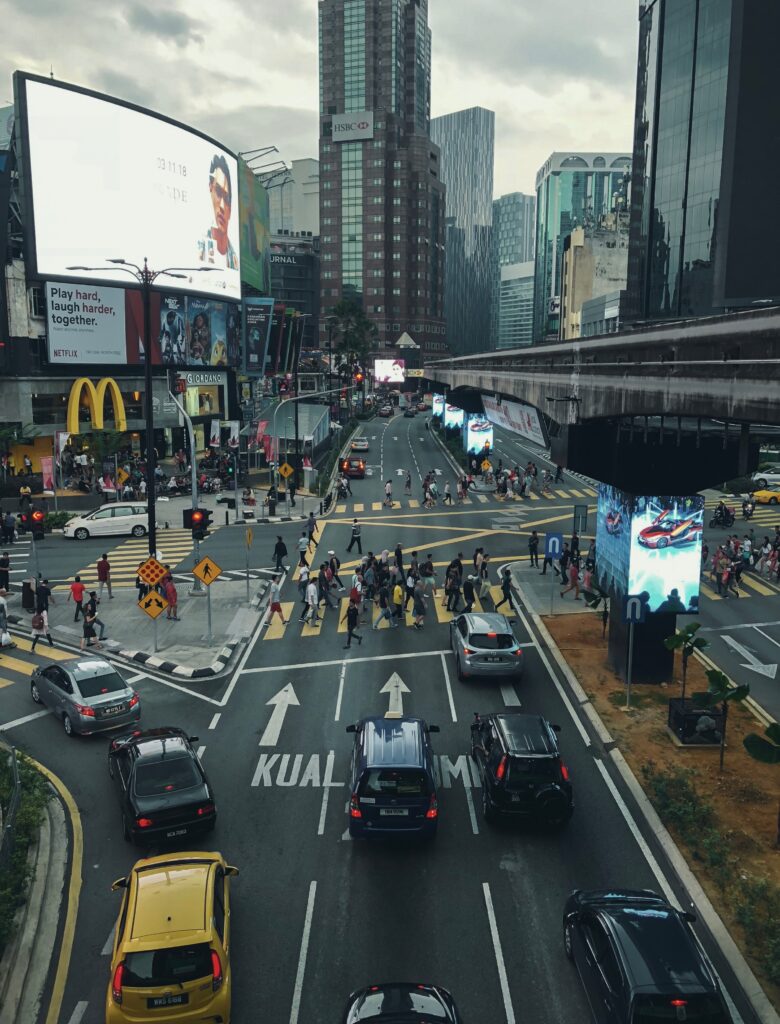
Schools
The schools in Malaysia are considered some of the best in the world and Malaysia has invested considerable sums of money in encouraging international universities to set up satellite campuses in the kingdom.
Schools here can be separated into public, private and international. Expat children are welcome to attend public schools, and the standards are excellent. That said, the language barrier is normally enough to encourage expat parents to send their children to private schools, where lessons are taught in English.
Interestingly, the school day in Malaysia can start very early, with some schools commencing lessons as early as 7.30 am, with the school day ending in early afternoon. Parents are advised to check the school day before signing up their children, so as to ensure that these times fit around their work commitments.
Note that Malaysia has been working to become a major worldwide education hub, and its universities offer world-class education at a far lower cost of living than many Western countries. For expats concerned about the education of their children you are unlikely to be disappointed with Malaysia.
Food and Drink
The cuisine in Malaysia is as diverse as the cultures found here. In terms of food and drink two of the biggest influencers are the Chinese and Indian, whose foods may be found right across the country. For lovers of curry or noodle-based dishes, there are few better places in the world, and Malaysia offers a vast array of culinary experiences.
Food is generally reasonably priced in Malaysia, and hygiene standards are much higher than in many other countries in South East Asia. It is generally considered safe to eat even from roadside stalls, though you should avoid having ice in your drinks. Tap water, while considered safe by some people, is best boiled to be certain of removing water-borne parasites.
Visitors should note that it is considered rude to leave your chopsticks poking vertically out of your dinner while talking etc. This is considered to be reminiscent of the incense sticks found in temples and suggests that you wish death on others.
Food and Drink
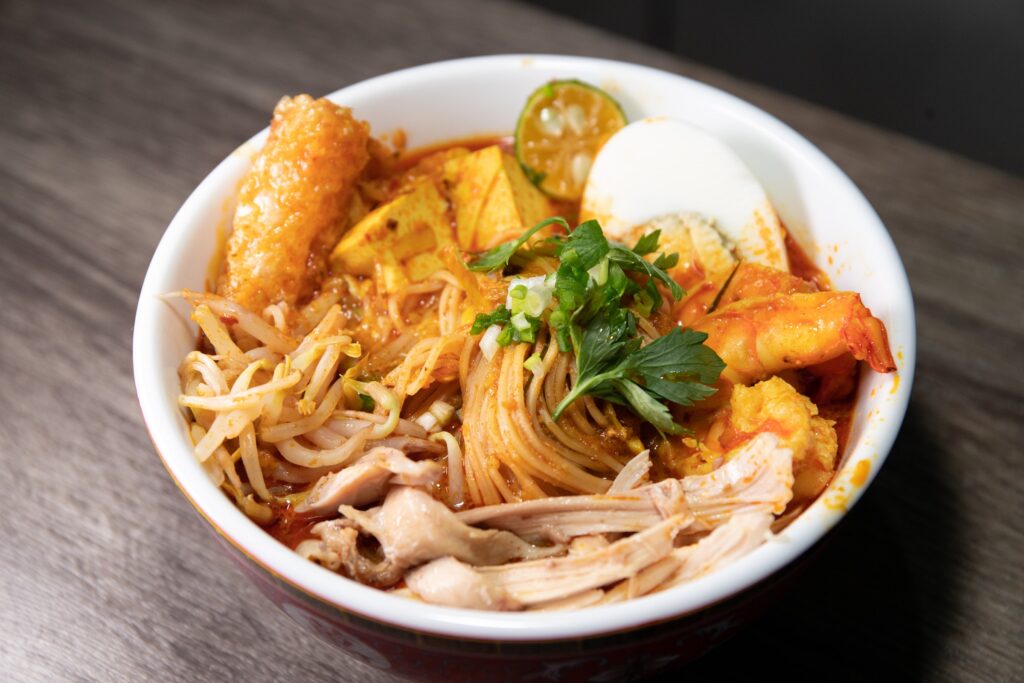
Safety
Unfortunately, visitors to Malaysia are sometimes unlucky enough to experience bag snatches or petty thefts. As a result, keeping valuables out of sight is strongly recommended. In addition, take care when walking along the pavement, as many thefts have been as a result of motorcyclists plucking bags and other belongings off unsuspecting passers-by. As a result, try to keep any bags on the opposite side of you to any roads, so as to make you less of an easy target.
While tourists from Western nations are generally able to visit Malaysia without a visa, those expecting to live, work or study here will normally need to request a visa. It is important to note that overstaying a visa is considered very serious, and some visitors have been punished by caning for the crime. Malaysia is one of only a few countries in the world to offer this punishment, and the damage caused may take weeks to heal.
That said, the penalties for the possession of drugs can be even more serious. Suspicion of importing or selling drugs has stiff penalties, which can (and does) involve the death sentence. Visitors should therefore be careful to pack and carry only their own bags, and be careful of any stranger approaching them at airports who may be attempting to plant narcotics on your person.
As a tropical region, a number of unpleasant viruses and diseases may be encountered by the unfortunate. Examples include malaria and even dengue fever, which has been found even in Kuala Lumpur. Speak to your doctor before leaving home in order to ensure you have all the necessary protection against these unpleasant risks. To help keep your family protected, look at international health insurance for families so should anything happen, you can get the best possible care.
Lastly, it has been claimed that drivers in Malaysia largely ignore pedestrians, which can lead to some nasty accidents. Keep your wits about you when crossing roads in order to ensure you are not involved in an accident of some form.
In the case of problems, the emergency services in Malaysia can be reached by dialling 999, just like the UK. Most police officers take their jobs very seriously and can be very helpful if an incident occurs. The vast majority of emergency workers are well educated and speak good English.
Places to Visit
Malaysia offers a wealth of sites worth seeing, both natural and man-made, historic and modern. Such a succession of colonies has meant a huge range of arts and architecture may be found here, and visitors will find there is much of interest, irrespective of their tastes and opinions.
Mulu National Park
Gurung Mulu National Park in Sarawak is famous for its vast limestone pinnacles which stick up out of the jungle like spines on a dinosaurs back. UNESCO listed, this wild area also boasts the world’s largest known natural chamber. It is so large that scientists have calculated it could house 40 Boeing 747s without their wings overlapping.
Mulu National Park
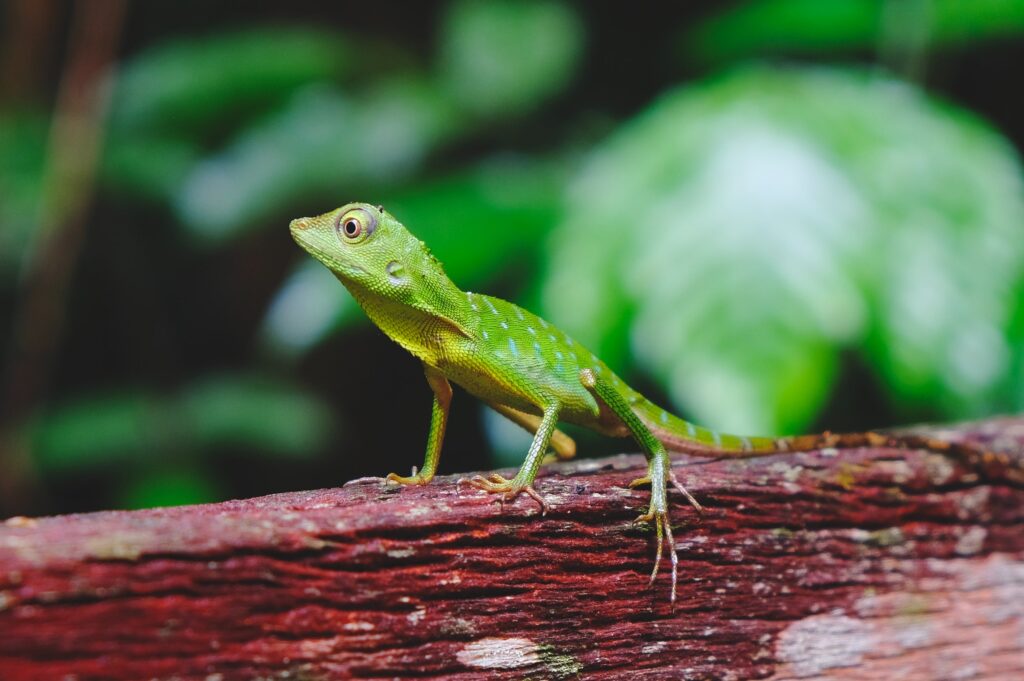
Petronas Towers
The Petronas Towers were the tallest building in the world up until 2004, and are still classed as the largest twin towers anywhere. Costing $1.6 billion to build, the towers are 452 metres in height and house 93 floors. For the best view, visit the towers at night, where they are lit up with thousands of bulbs against the black night sky.
Petronas Towers
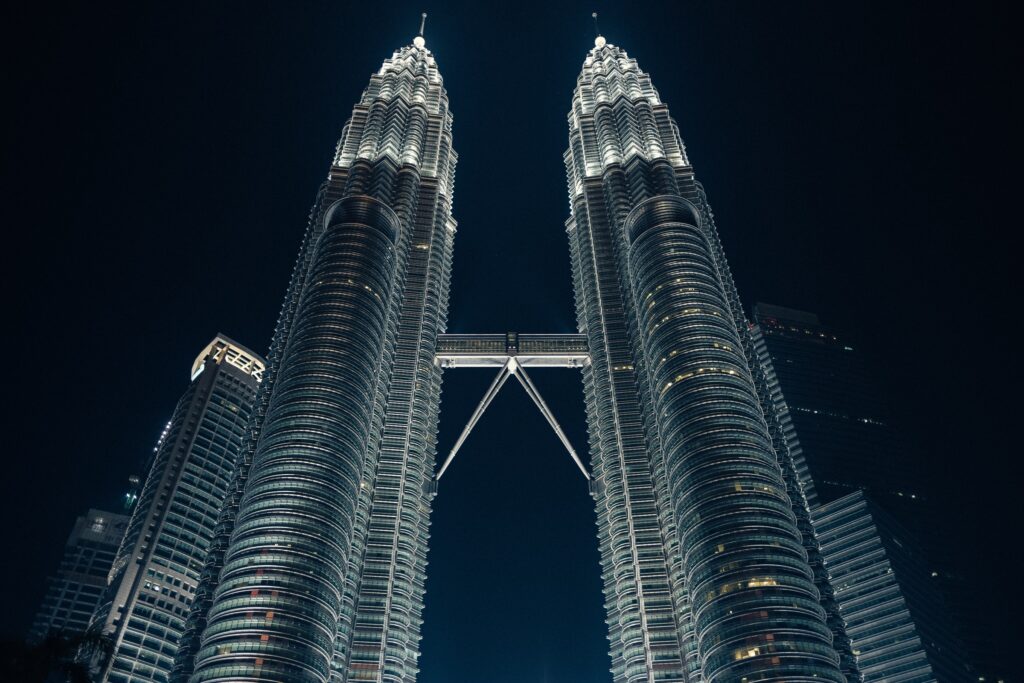
Sepilok Orangutan Rehabilitation Centre
No visit to Malaysia would be complete without seeing the “man of the woods” – the endearing Orangutans. Sepilok represents one of the very best places in all of Malaysia to see the apes up close and personal. Here orang-utans of all ages and sizes can be seen, and a board walk offers one of the best photographic opportunities possible. For the entertainment value alone, try to time your visit to coincide with feeding time.
Sepilok Orangutan Rehabilitation Centre
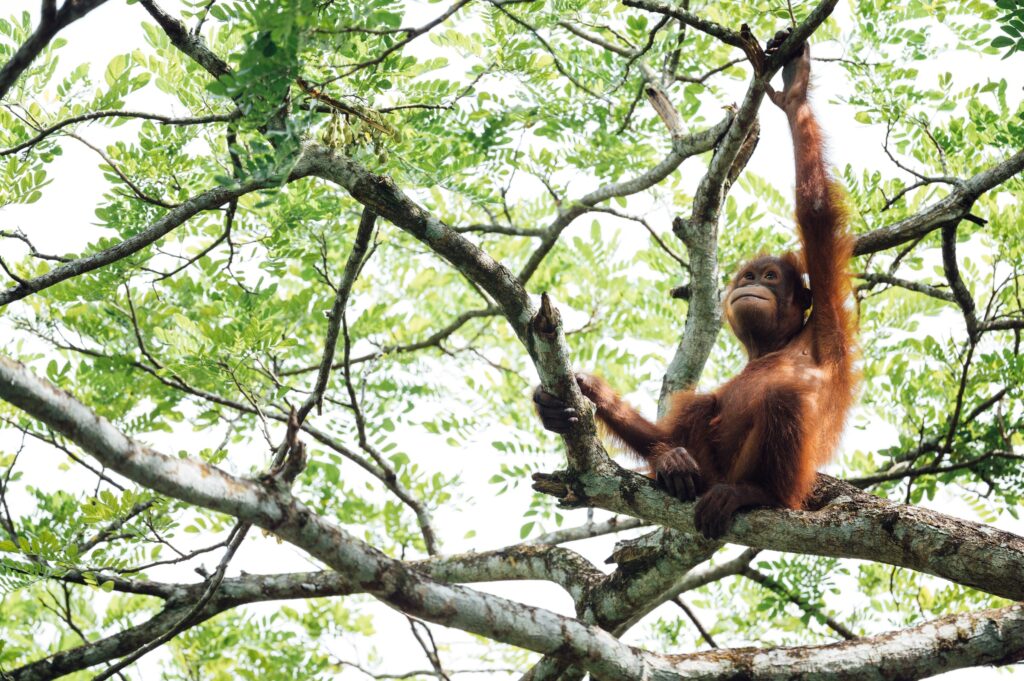
Batu Caves
The vast limestone caves at Batu have long been an important place of worship. Situated almost 100 metres above ground level, climb the 272 steps to the vast complex of caves and temples. The largest, the so-called “Cathedral Cave” houses numerous ornate Hindu shrines.
Batu Caves
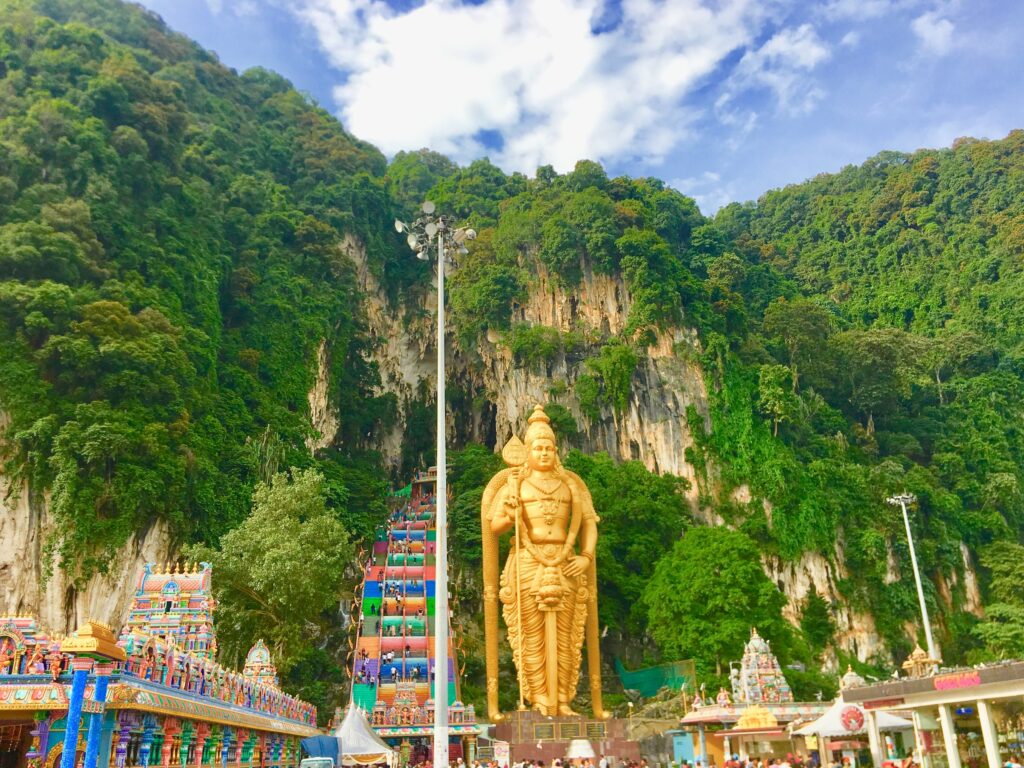
Taman Negara
If it’s outdoor adventure that you seek then Taman Negara will hit the spot. With a name that literally translates to “national park”, Taman offers everything from a vast array to wildlife, to a canopy walkway right up in the jungle crown and white-water rafting on the rivers below.
Taman Negara
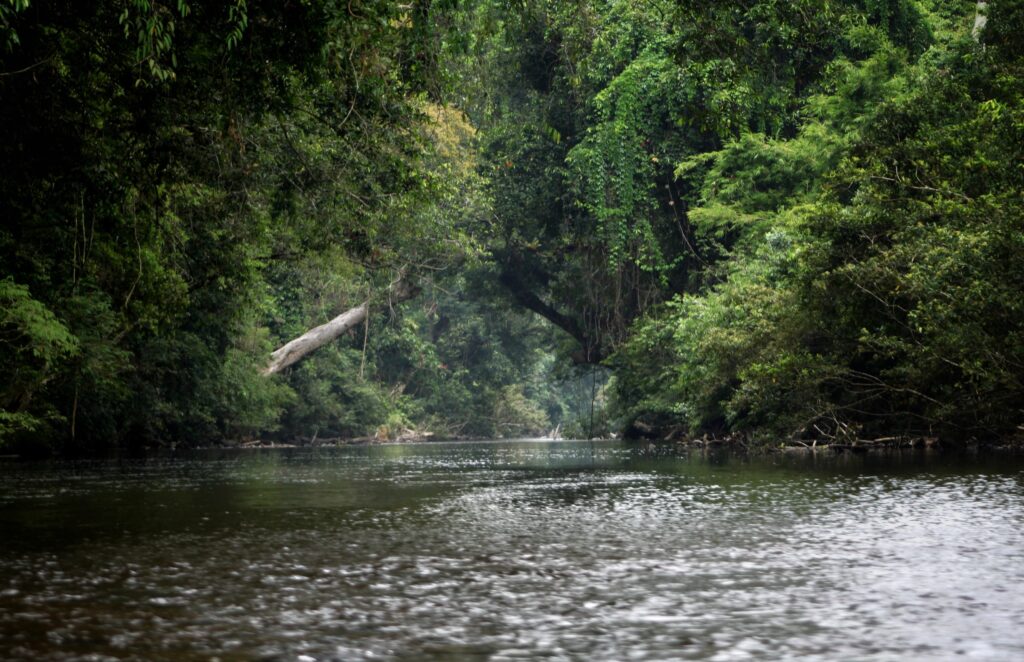
George Town
UNESCO-listed George Town was originally founded by the British East India Company as a base and trading post. Today, George Town represents one of the best-preserved examples of wide-scale colonial architecture found anywhere in the world.
George Town
